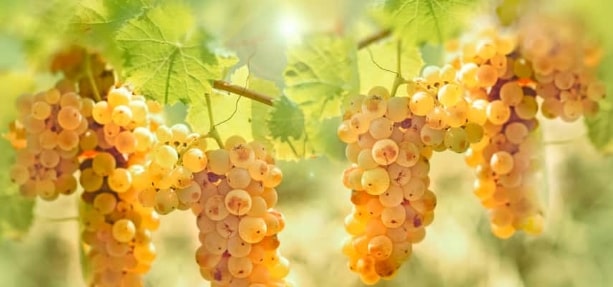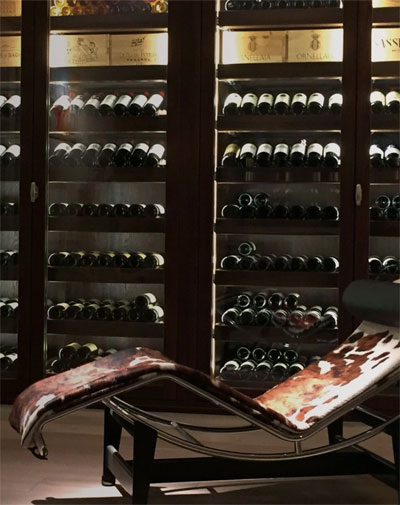White Wines
Austria
Riesling
Dinner
2019
PRODUCT ID: 0551

COUNTRY
Austria

REGION

GRAPE VARIETY
Riesling

VINTAGE
2019
AVAILABLE STOCK: 2 BOTTLES

COUNTRY
Austria

REGION

GRAPE VARIETY
Riesling

VINTAGE
2019
Winemaking Techniques: Harvested by hand, no destemming, no carbonic maceration, pneumatic press, fermented in cask and stainless steel tanks for 5-15 days, 9 months on lees
Every year, if vineyard conditions are favourable, Emmerich Knoll takes a selection of high-quality fruit from his top vineyard sites and ferments it together to create his Vinothekfüllung bottling. Only available in the Smaragd style, this limited production Riesling shows the intensity, concentration, and age-ability befitting a world-class wine.
EMMERICH KNOLL
Emmerich Knoll III, an exuberant spokesperson for the Wachau region, farms the family’s 15 hectares of land and crafts wines that clearly express the Unterloiben terroir where some of Austria’s most famous vineyards can be found. This family-run winery is a treasure that has been estate-owned and operated for over three generations. The majority of the Knoll’s vineyard plantings are dedicated to Gruner Veltliner and Riesling, but the family also farms small amounts of Rivaner, Gelber Traminer, Pinot Noir and Chardonnay. A member of “Vinea Wachau Nobilis Districtus,” an association of Wachau winemakers who follow strict quality control rules, the Knoll Winery upholds stringent farming and winemaking standards that vintage after vintage propels their wines to the top of restaurant, collector and critic’s lists. Knoll wines are easily recognized by their distinct label that depicts an ornate image of St. Urban, the patron saint of winemakers and vineyards. While in the Wachau, one can also dine at the family’s acclaimed, 400-year-old restaurant, Loibnerhof Familie Knoll.

SHIPPING FEES
For orders €100,00 and
above we deliver free to
your place
For orders below €100,00 delivery
charge €10,00 within city limits.
White Wines
Austria
Riesling
Dinner
2019
PRODUCT ID: 0551
Winemaking Techniques: Harvested by hand, no destemming, no carbonic maceration, pneumatic press, fermented in cask and stainless steel tanks for 5-15 days, 9 months on lees
Every year, if vineyard conditions are favourable, Emmerich Knoll takes a selection of high-quality fruit from his top vineyard sites and ferments it together to create his Vinothekfüllung bottling. Only available in the Smaragd style, this limited production Riesling shows the intensity, concentration, and age-ability befitting a world-class wine.
EMMERICH KNOLL
Emmerich Knoll III, an exuberant spokesperson for the Wachau region, farms the family’s 15 hectares of land and crafts wines that clearly express the Unterloiben terroir where some of Austria’s most famous vineyards can be found. This family-run winery is a treasure that has been estate-owned and operated for over three generations. The majority of the Knoll’s vineyard plantings are dedicated to Gruner Veltliner and Riesling, but the family also farms small amounts of Rivaner, Gelber Traminer, Pinot Noir and Chardonnay. A member of “Vinea Wachau Nobilis Districtus,” an association of Wachau winemakers who follow strict quality control rules, the Knoll Winery upholds stringent farming and winemaking standards that vintage after vintage propels their wines to the top of restaurant, collector and critic’s lists. Knoll wines are easily recognized by their distinct label that depicts an ornate image of St. Urban, the patron saint of winemakers and vineyards. While in the Wachau, one can also dine at the family’s acclaimed, 400-year-old restaurant, Loibnerhof Familie Knoll.

SHIPPING FEES
For orders €100,00 and
above we deliver free to
your place
For orders below €100,00 delivery
charge €10,00 within city limits.





























